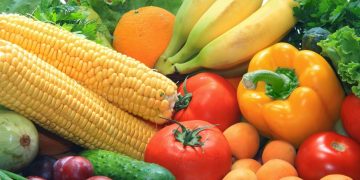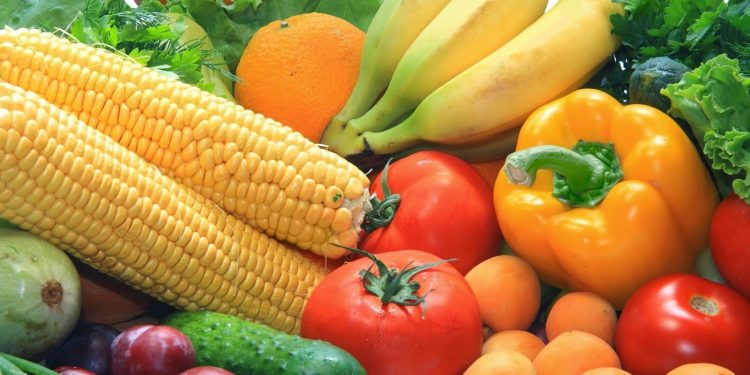#Localvegetables #importedvegetables #vegetableprices #fieldproduction #greenhouseproduction #year-roundvegetables #Poland’sAgribusinessSector #cost-effective
The rising cost of vegetables in recent years has become a hot topic of debate among farmers, agronomists, agricultural engineers, farm owners, and scientists. Imported vegetables have become more expensive due to factors such as inflation, the war in Ukraine, and weather conditions across Europe. Even local greenhouse produce is costly, and it is becoming increasingly difficult for producers to keep prices reasonable. The solution? Focusing on undervalued year-round vegetables such as onions and carrots grown in the fields.
According to a report by EMIS, Poland’s Agribusiness Sector in 2022/2023, local farmers mainly focus on field production, which accounts for 79.5% of vegetable production in the country. In contrast, greenhouse production accounts for only 20.5% of production, which is a 3% decrease compared to 2019. The most commonly grown vegetables are cabbage (18.4%), carrots (17.3%), and onions (17.1%), and while their prices have increased, they have not seen significant hikes like imported vegetables. For comparison, tomato production only accounts for 4.8% of local fields.
Importing vegetables is not always the cheapest option either. In 2022, Poland imported over 80,000 tons of tomatoes, but the winter weather in Spain and Morocco, where most of the imported tomatoes come from, caused a significant drop in their yield. Thus, even if distributors decide to transport them, they will still have to pay more due to higher fuel prices.
The conclusion is that local vegetables are the way to go. They are cheaper and tastier than imported ones and offer consumers high-quality produce that is locally grown. Moreover, Poland has a lot of undervalued vegetables that are year-round, making them a more cost-effective option for both consumers and farmers. So, it’s time to pay attention to the locally grown vegetables that we have in abundance and stop relying on expensive imports.































